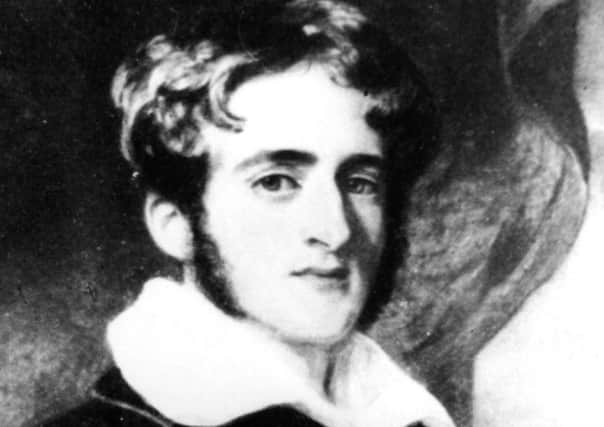Funding bid for statue of port's founding father


Now campaigners hope to put that right by finding funds to erect a bronze statue of Sir Peter Hesketh Fleetwood (pictured), who died 150 years ago, in the town’s Euston’s Gardens.
Fleetwood Civic Society, Fielden Fleetwood Charity Trust and a group of other organisations have approached a various funding bodies to help cover the total cost of £55,000.
Advertisement
Hide AdAdvertisement
Hide AdThe group has already secured a promise of £25,000 from Doreen Lofthouse OBE if they can raise the rest of the cash. Margaret Daniels, chairman of Fleetwood Civic Society, said, “At the present time there is no recognition of Sir Peter Hesketh Fleetwood in the Town except a street named Hesketh Place.
“It is the 150th anniversary of his death this year and it will be a fitting tribute to, and reminder of, the man who developed the town.”
Richard Newson, chairman of the Fielden Fleetwood Charity, said: “Samuel Fielden, which the Trust is named after, was a very good friend of Sir Peter and donated large sums of money to help develop Fleetwood. It is appropriate for the Trust to be involved in this very worthwhile recognition of the man who developed the town.”
And Dick Gillingham, a well known local historian, said: “It is great that Sir Peter is being recognised in this way. In 1847 donations were received to put a statue in the Euston Gardens but this money was used for The Testimonial School in Fleetwood. I am sure the statue will be visited by many Fleetwood people and visitors and will enhance the North Euston Gardens. It will also be used by the Museum when leading walks around the town with school children and adults to explain Sir Peter’s achievements.”
Advertisement
Hide AdAdvertisement
Hide AdSir Peter, who was born at Wennington Hall near Lancaster in 1801, was closely related to the Fleetwood family who owned the Rossall estate.
In 1824 he inherited the estate and later decided to bring the railway to the coast and develop a holiday resort and port. He hired his friend, the noted architect Decimus Burton, to design his new town, which he named Fleetwood, and construction began in 1836. Fleetwood’s railway opened in 1840 and the town went on to flourish.
But the expense of building it left Sir Peter, an MP for Preston who opposed slavery and capital punishment, close to bankruptcy. His financial problems forced him to sell most of his estates including Rossall Hall, which had been his family home.
He left Lancashire and died in London in 1866, leaving a behind a priceless legacy – a vibrant town named after him – but he paid a heavy price.